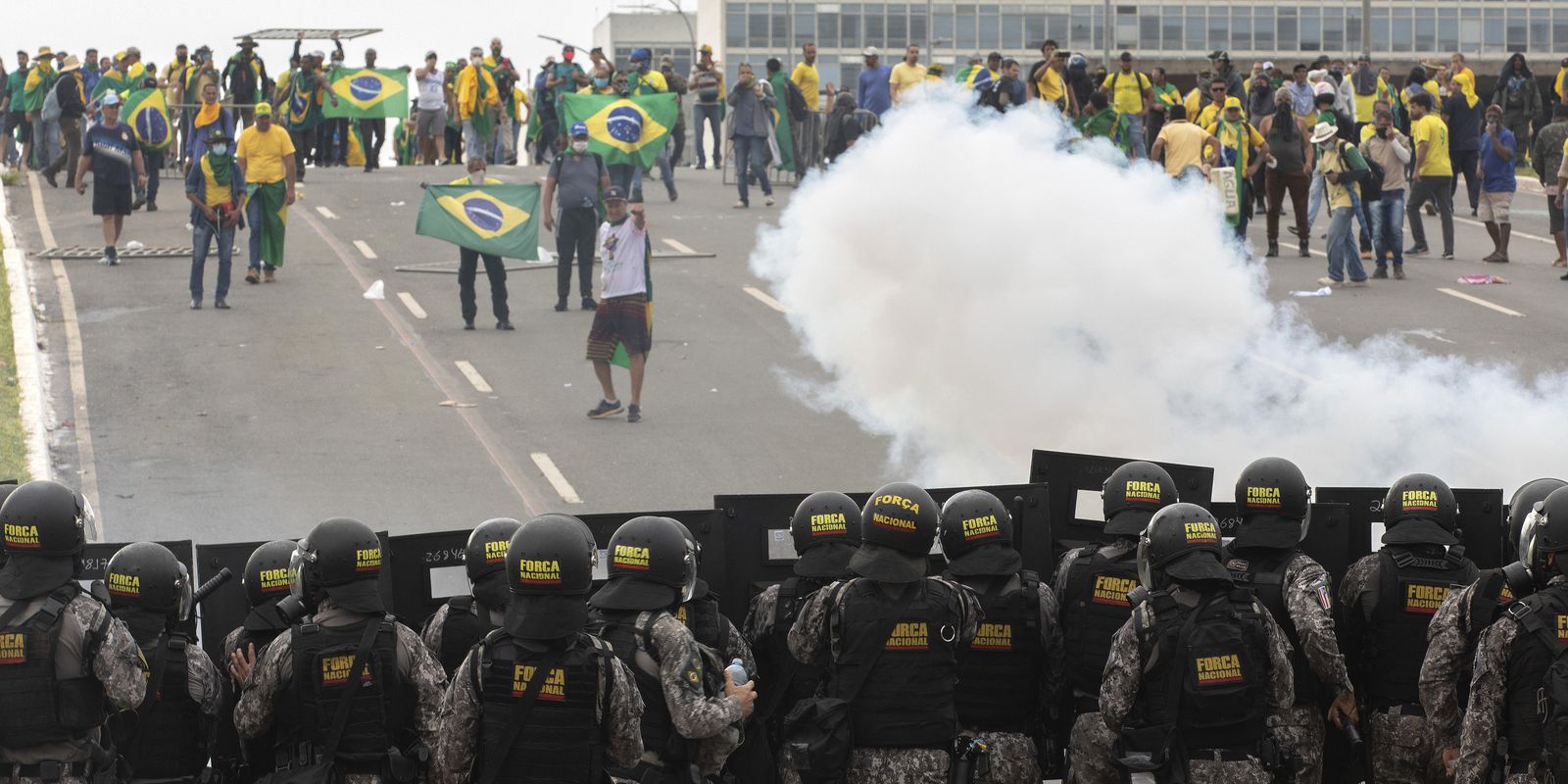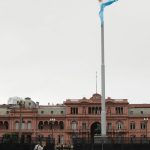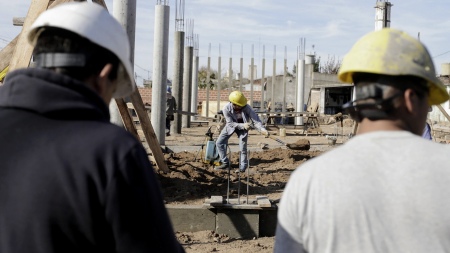January 8, 2023 entered the history of the country: a day when attacks on the Three Powers of the Republic tried to undermine democracy. Buildings were invaded and vandalized, in scenes of hatred and celebration of voters who did not accept the results of the polls.
A month after these scenes, the Reporting Paths heard stories from those who witnessed that day. The program makes an analysis of the facts that culminated in a frustrated attempt to undermine the country’s democracy and what could be learned after these threats.
Renato Alves, from Jornal The time, was one of the 16 press professionals who were attacked that day. When fleeing from the aggressors and asking for help, he saw up close the connivance of the Military Police of the Federal District (DF). That night, Ricardo Cappelli took over as public safety intervenor in the DF. In a report released by him and his team, the finding: there was error and tolerance by the PM, in a sequence of facts that culminated in vandalism. “Coincidences? I don’t think so,” says Cappeli.
The facts are not restricted to the 8th. Since President Lula’s victory at the polls, successive events that were not repressed formed the ideal scenario for what happened: roadblocks, burned buses, a bomb in the airport area of the capital of country and, mainly, the camps in front of the Army barracks all over Brazil.
For the Minister of Justice, Flávio Dino, the existence of the so-called HQs was decisive in generating several violent events in Brasília that led to anti-democratic acts. “Unfortunately, the facts of the 8th show that this camp ended up functioning as a kind of hub, where these extremists met, planned and carried out actions,” he says.
With the intervention decreed by the Executive and the governor of the DF, Ibaneis Rocha, removed by the Federal Supreme Court (STF), the arrests of suspects began to take place on the night of the 8th. Almost 1,200 people were arrested. Among them, a couple who owned a temporary home for rescued dogs. Not only were the animals in their custody left abandoned, but so were their four children.
O Reporting Paths listened to experts to find out what drives people to go so far on something they believe without question, like conspiracy theories about ballot boxes and democratic processes. For psychoanalyst Christian Dunker, this group’s way of acting reminds followers of messianic sects, who await the end of the world that never happens. “There we have dangers of high aggressiveness, of an erratic aggressiveness as we saw in the demonstrations”, he analyzes.
For professor and researcher at the State University of Rio de Janeiro (Uerj) João Cezar de Castro Rocha, who has been following Bolsonarist groups for years, the disinformation promoted by groups interested in power is a central point. “The chain of fake news produces the most delirious conspiracy theories. And there are a lot of people making money from the radicalization of political discourse, because radicalization is what produces like.
The episode of Reporting Paths “January 8 – Democracy on its feet” airs this Sunday (12), at 22h, on TV Brazil.

















